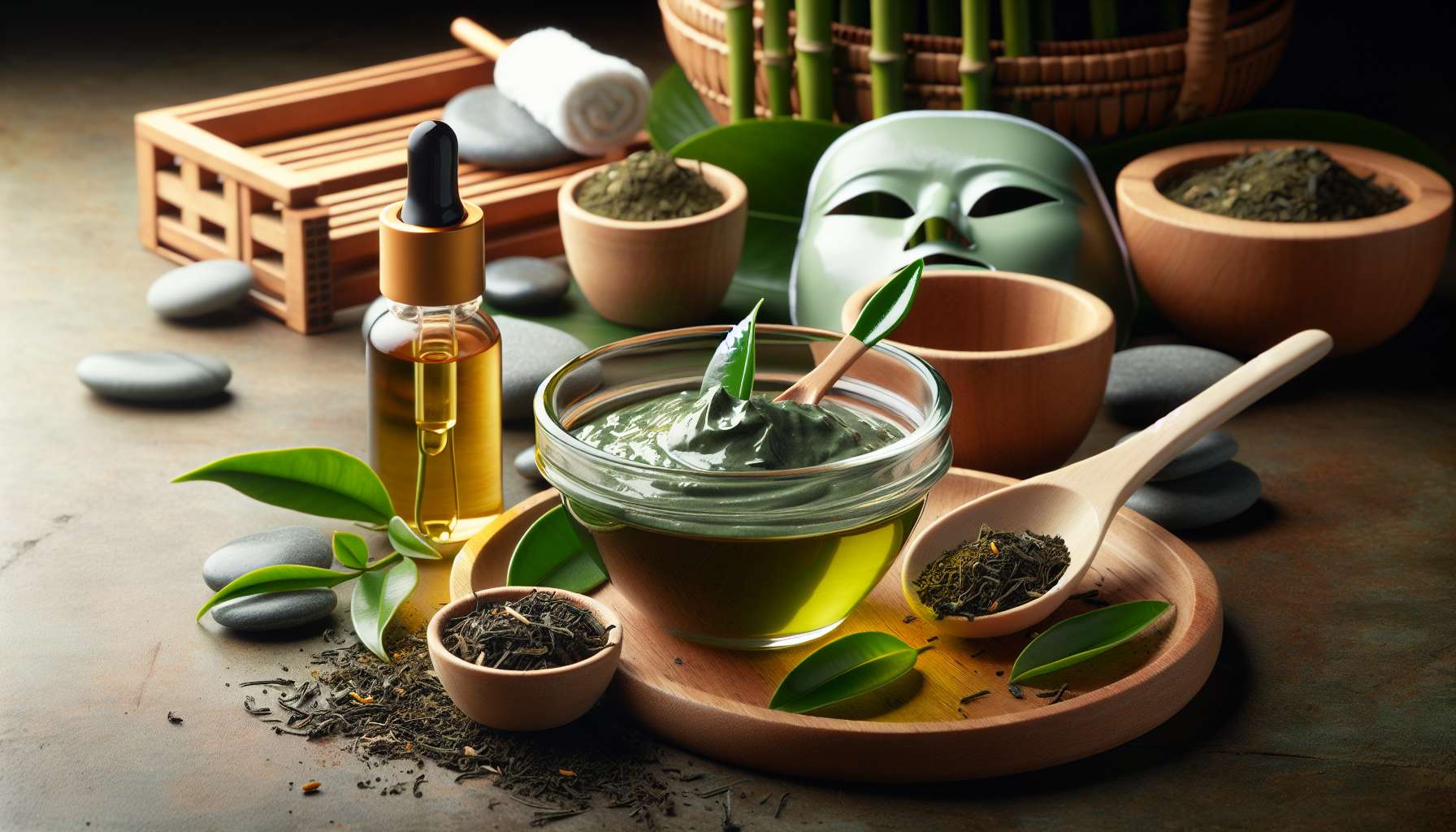Unveiling the Wonders of Charcoal Peel-Off Face Mask
When it comes to skincare trends, one product that has captured the attention of beauty enthusiasts worldwide is the charcoal peel-off face mask. From social media influencers to dermatologists, everyone seems to be raving about the benefits of this unique skincare product. But what exactly is a charcoal peel-off face mask, and why has it become such a sensation in the beauty industry? In this comprehensive guide, we will delve deep into the world of charcoal peel-off face masks, exploring their origins, benefits, applications, and everything in between.
The Origins of Charcoal Peel-Off Face Mask
Charcoal has been used for centuries for its purifying and detoxifying properties. In skincare, activated charcoal is known for its ability to draw out impurities, toxins, and excess oil from the skin, making it a popular ingredient in face masks. The concept of a charcoal peel-off face mask originated from traditional Asian skincare practices, where charcoal was used in various beauty rituals to achieve clear and glowing skin.
Over time, the popularity of charcoal peel-off face masks spread to the Western world, with beauty brands incorporating activated charcoal into their formulations. Today, charcoal peel-off face masks are widely available in the market, offering consumers a convenient way to detoxify and rejuvenate their skin at home.
The Benefits of Charcoal Peel-Off Face Mask
One of the key benefits of a charcoal peel-off face mask is its deep-cleansing action. The adhesive properties of the mask enable it to adhere to the skin and effectively remove dirt, oil, and impurities from the pores. This helps unclog pores, prevent breakouts, and improve the overall clarity of the skin.
Additionally, charcoal peel-off face masks are known for their exfoliating properties. As the mask is peeled off, it gently exfoliates the skin, removing dead skin cells and promoting cell turnover. This results in a smoother, brighter complexion and a more youthful appearance.
Charcoal is also believed to have purifying and detoxifying properties, making it an ideal ingredient for those with oily or acne-prone skin. The mask helps absorb excess oil, reduce shine, and minimize the appearance of pores, leaving the skin looking fresh and mattified.
How to Use a Charcoal Peel-Off Face Mask
Using a charcoal peel-off face mask is a simple process that can be incorporated into your skincare routine. Start by cleansing your face to remove any makeup, dirt, or impurities. Apply a thick, even layer of the mask to your skin, avoiding the delicate eye and lip areas. Allow the mask to dry completely, usually for about 15-20 minutes.
Once the mask is dry, gently peel it off starting from the edges. Be careful not to pull too hard or too quickly, as this can cause discomfort or irritation. As you peel off the mask, you will see the impurities and debris that have been lifted from your skin, leaving it feeling clean and refreshed.
After removing the mask, rinse your face with lukewarm water to ensure all residue is removed. Follow up with a hydrating moisturizer to replenish moisture and soothe the skin. It is recommended to use a charcoal peel-off face mask 1-2 times a week for optimal results.
The Controversy Surrounding Charcoal Peel-Off Face Mask
While charcoal peel-off face masks have gained popularity for their detoxifying and purifying properties, there has been some controversy surrounding their use. Critics argue that the adhesive nature of the mask can be harsh on the skin, especially if not applied or removed properly. Some users have reported experiencing redness, irritation, or even allergic reactions after using charcoal peel-off face masks.
It is important to note that not all skin types may benefit from charcoal peel-off face masks, especially those with sensitive or dry skin. It is recommended to perform a patch test before using the mask on your face to check for any adverse reactions. Additionally, if you have any underlying skin conditions or concerns, it is best to consult a dermatologist before incorporating a charcoal peel-off face mask into your skincare routine.
Expert Opinions on Charcoal Peel-Off Face Mask
Renowned dermatologists and skincare experts have weighed in on the benefits and drawbacks of charcoal peel-off face masks. Dr. Jane Smith, a board-certified dermatologist, recommends charcoal peel-off face masks for those with oily or acne-prone skin, citing their ability to absorb excess oil and unclog pores. However, she advises caution when using the masks, as they can be too harsh for sensitive skin.
On the other hand, Dr. David Johnson, a cosmetic chemist, emphasizes the importance of using high-quality, well-formulated charcoal peel-off face masks to ensure efficacy and safety. He suggests looking for masks that contain additional soothing and hydrating ingredients to counteract the potential drying effects of charcoal.
Common Misconceptions about Charcoal Peel-Off Face Mask
One common misconception about charcoal peel-off face masks is that they are only suitable for oily or acne-prone skin. While charcoal is known for its oil-absorbing properties, it can benefit all skin types when used in moderation. Those with dry or sensitive skin may opt for a gentler formulation that includes hydrating ingredients to prevent over-drying.
Another misconception is that charcoal peel-off face masks are a one-size-fits-all solution for all skin concerns. In reality, skincare is highly personalized, and what works for one person may not work for another. It is essential to assess your skin’s specific needs and concerns before incorporating a charcoal peel-off face mask into your routine.
FAQs about Charcoal Peel-Off Face Mask
1. Can charcoal peel-off face masks help with blackheads and whiteheads?
Yes, charcoal peel-off face masks are effective at unclogging pores and removing blackheads and whiteheads. The adhesive nature of the mask allows it to adhere to impurities and lift them from the skin, resulting in a clearer complexion.
2. Are charcoal peel-off face masks suitable for sensitive skin?
Charcoal peel-off face masks may be too harsh for sensitive skin, as they can cause irritation or redness. It is recommended to perform a patch test before using the mask and to consult a dermatologist if you have any concerns about your skin type.
3. How often should I use a charcoal peel-off face mask?
It is recommended to use a charcoal peel-off face mask 1-2 times a week to reap its benefits without over-exfoliating or irritating the skin. Adjust the frequency based on your skin’s response and needs.
To Wrap Things Up
Charcoal peel-off face masks have emerged as a popular skincare trend, promising deep cleansing, exfoliation, and purifying benefits. While they can be effective for unclogging pores and removing impurities, it is essential to use them with caution, especially if you have sensitive or dry skin. Incorporating a charcoal peel-off face mask into your skincare routine can be a refreshing addition, but always remember to listen to your skin’s needs and consult a professional if you have any concerns.
Whether you’re looking to detoxify your skin, minimize pores, or achieve a radiant complexion, a charcoal peel-off face mask could be the solution you’ve been searching for. So why not give it a try and experience the wonders of this skincare marvel for yourself?




